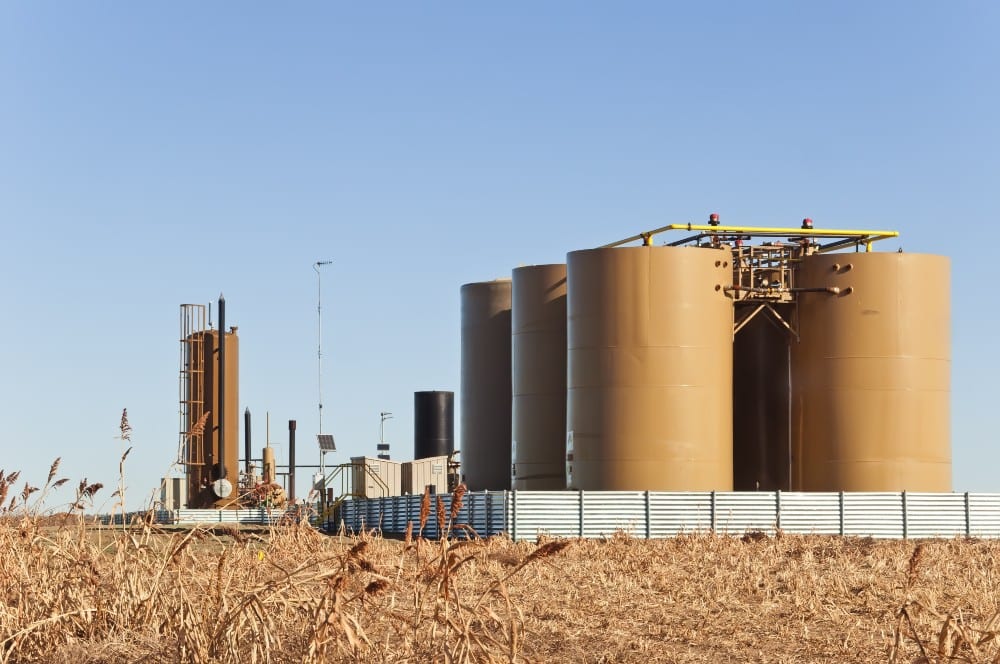Maintenance Procedures for Your Agricultural Operation
Keeping up with the maintenance of your tools, facilities, and agricultural property is vital to keep your operations running as they should. Let’s take a look at some of the things you can—and should—be doing to make sure your and your employees’ days go off without a hitch.
Benefits of Agricultural Maintenance
Staying on top of your agricultural maintenance is incredibly important. It will help prevent accidents, ensure things stay on schedule, and prevent costly downtime. When you maintain your equipment, it will last longer, and you’ll save money by lengthening their useful lives and avoiding more intensive repairs (not to mention, they’ll work more efficiently, too).
Properly working equipment can decrease lower hazards to your staff and your product. Missing deadlines will cost you money, as well, along with your reputation. Staying within timelines is a critical part of running a business, and you don’t want faulty tools gumming up the works.
Maintenance to Perform at Your Agricultural Facility
So what, exactly, should you be doing? Here are some tips to keep your equipment in tip-top shape at all times.
Sharpen Your Tools
Sharpening tools will make them more efficient and precise, resulting in cost savings, optimized processes, and less frustration for you and your employees. The phrase “work smarter, not harder” comes to mind.
Dull equipment requires more effort, especially if you continue using it while it’s dulled. Virtually all tools can use a good sharpening every once in a while—from the smallest of shears to the largest combines—so don’t overlook this responsibility.
Your staff will thank you, and you’ll be amazed at the difference.
Filing and Sharpening Stones
Using these is an easy and inexpensive way to sharpen your tools. They work like nail files—pretty basic. Filing away the overused surface to produce a newly sharpened blade will give you much less of a headache.
Be aware that it can be difficult to remove the same amount of material from each arm of the blade. This method is done by hand and can take a bit longer depending on the state of your tool, so whether you’d rather take on the task or try one of the other techniques we’ll discuss shortly is up to you.
Bench Grinder and Mini Grindstone
This technology has evolved from foot power to an engine that provides rotating power to the wheel, but the function is the same—the abrasive wheel grinds metal surfaces, removing nicks and restoring a sharp edge.
It gives you more room to sharpen tools the way you want, since this tactic lets you hold a tool against the grindstone at a specific angle and apply pressure as needed. Mini grindstones work best for farmers who need to sharpen tools occasionally—and it’s an inexpensive option, too. A bench grinder is better for industrial use.

Conduct Preventative Inspections
This is by no means an exhaustive list, and you should look into ways that your business may differ if you have specific needs, but the following will be a critical place to start:
- Check and change crucial liquids
- Make sure all moving parts on your equipment and vehicles are lubricated
- Inspect for wear and tear, and always be on the lookout for potential issues so you can fix them before they start to cause real problems
Equipment and tools aren’t the only things you should be checking. You should also assess buildings, stables, HVAC systems, and drainage systems. Inspect and implement preventative agricultural maintenance to save yourself thousands of dollars a year—compared to the repercussions you’re sure to experience by waiting until a tool is down and you’re unable to fulfill your contracts and orders.
Keep Tanks Clean
All types of tanks need to be cleaned, whether that’s once a week or a few times a year. Types of tanks that will be most imperative to you in the agricultural world are mainly fertilizer, diesel fuel storage, manure, and liquids. FRAC tanks are popular at agricultural facilities, too, so don’t forget about those.
When tanks aren’t periodically cleaned, sludge can build up—which can lead to costly facility downtime and repairs. If you want a modern method to clean your tanks, look into robotic tank cleaners. Owners and facility managers generally report a significant reduction in cost when compared to traditional cleaning, so it’s a fantastic option to consider investing in to fine-tune your processes.
Efficiency at Its Finest
As you’ve discovered, keeping up with preventative and timely maintenance can lead to cost savings, optimized processes, and a decrease in the chance of hazards for you and your devoted staff. Keep these tips on-hand going forward, and you can expect fewer business struggles and smoother sailing ahead!





